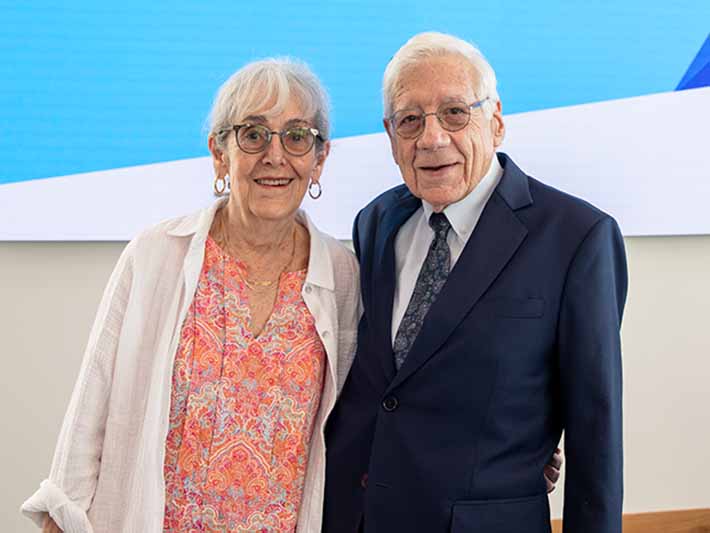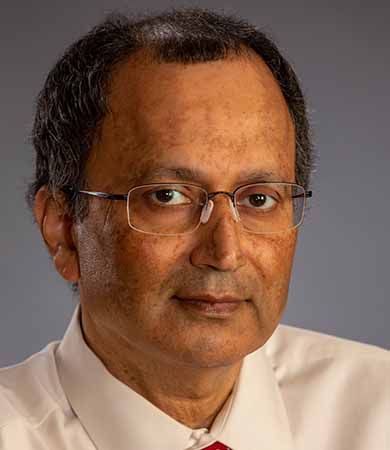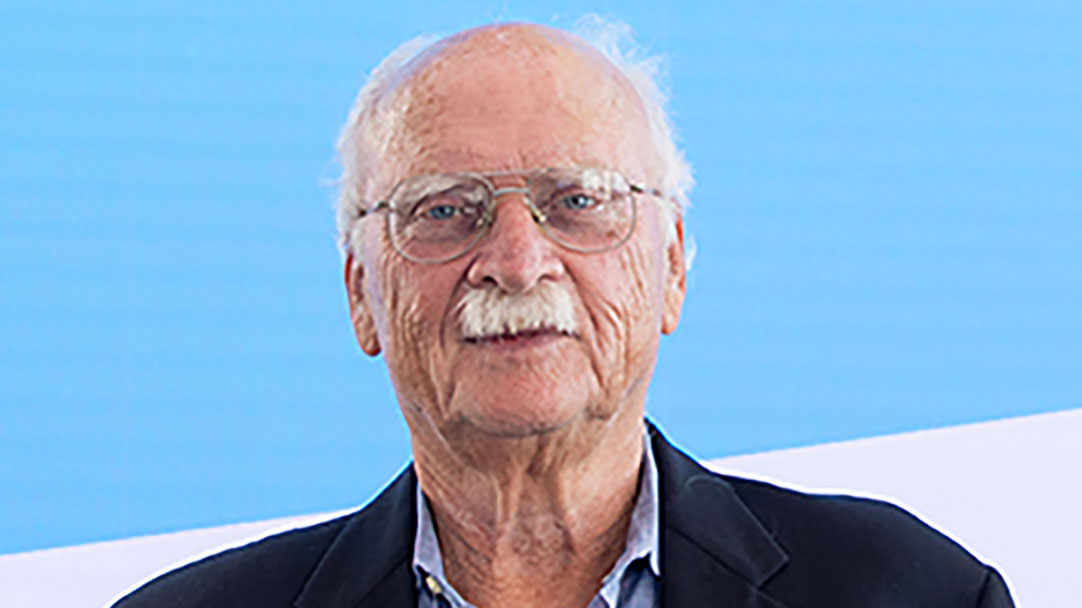
Brenda Caplan and Louis Caplan, MD
Creating Lasting Legacies
BIDMC faculty members establish generous endowments
Beth Israel Deaconess Medical Center could not succeed without the exceptionally talented faculty who carry out its mission each day. Recently, the BIDMC philanthropy team was honored to partner with three faculty members in establishing generous endowments that will have an enduring impact on the medical center’s work, while carrying forward their remarkable legacies.
A pioneer in sleep medicine, Robert Thomas, MD, joined BIDMC in 1996 and was the founding director of the Beth Israel Deaconess Hospital–Needham Sleep Disorders Center and the Accreditation Council for Graduate Medical Education (ACGME) Sleep Medicine Training program at BIDMC. Thomas began considering a gift to BIDMC after receiving support from a grateful patient. With the patient’s partnership, Thomas—who has roughly a dozen patents—developed new devices for managing complicated sleep apnea. “I became more aware of the power of philanthropy,” says Thomas. “I realized many of our initiatives would not exist without it.” Recently, Thomas and his wife, Subha Ramani, MBBS, PhD, MPH, who specializes in medical education, made a bequest to establish the Ramani and Thomas Family Endowed Research Fund in Translational Sleep Medicine. The fund’s purpose reflects Thomas’ interest in research with direct clinical implications. “I hope our contributions result in improved treatments that reach patients quickly,” says Thomas. The fund also honors the couple’s parents, who during a time with limited resources in early post-independence India, “made much with little.”
Neurologist Louis R. Caplan, MD, has shaped the field of stroke medicine at BIDMC and beyond. Together with his wife Brenda, he established the Dr. Louis and Brenda Caplan Stroke Fellowship Endowment to further the development of future leaders in the field. Caplan—who has mentored generations of students and fellows—is passionate about supporting training that includes the full range of stroke care, from prevention to recovery. He feels that BIDMC provides rich training grounds and that the fellowship will ultimately have far-reaching impact. “BIDMC a good place to work, and it’s a great place to teach,” says Caplan, who was once referred to in a New York Times article as the ‘Tom Brady of doctors.’ “The stroke field is blossoming, and having people who are well-trained, who can teach and lead services both here and at other institutions is very important.” Caplan looks forward to being involved in the education and mentorship of fellowship recipients.
Caplan’s colleague in the Department of Neurology, Marc Fisher, MD, shares this dedication to keeping BIDMC on the cutting edge of stroke medicine. Fisher led a stroke modeling lab at University of Massachusetts Medical School for 30 years before coming to BIDMC and served as editor-in-chief of Stroke, the most prestigious journal in the field. Fisher had considered including BIDMC in his will, but Caplan’s contribution inspired him to move forward with a combined outright and estate gift to establish an endowed chair for the Division of Stroke Medicine. “Prior to meeting with the philanthropy team, I was unaware of the significant tax advantages to implementing contributions during one’s lifetime,” says Fisher. “When I found out about Lou’s gift, I realized I could give back too.” Fisher chose to invest in a chair because he feels leadership is key as the field evolves. “This chair will provide support in perpetuity to help ensure that the head of the stroke service will be an accomplished expert,” says Fisher.
Support from faculty members like Caplan, Fisher, and Thomas has an important and lasting impact on BIDMC’s work. “We are fortunate to have such accomplished and dedicated faculty,” says Peter J. Healy, President of BIDMC. “It is incredibly meaningful when these valued members of our community—who already do so much to advance our clinical, research, and educational missions—choose to give back so generously.”

Robert Thomas, MD
